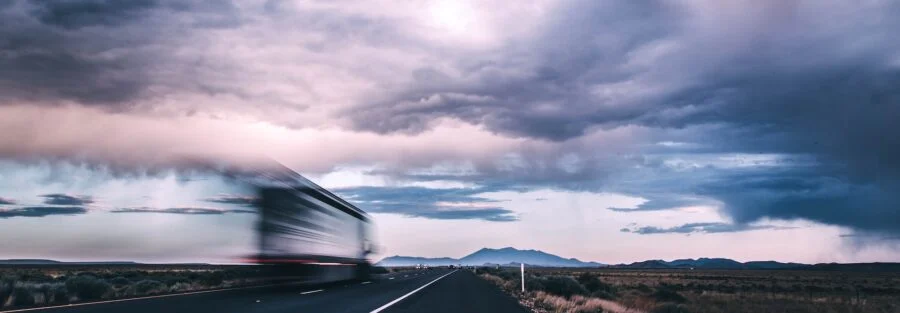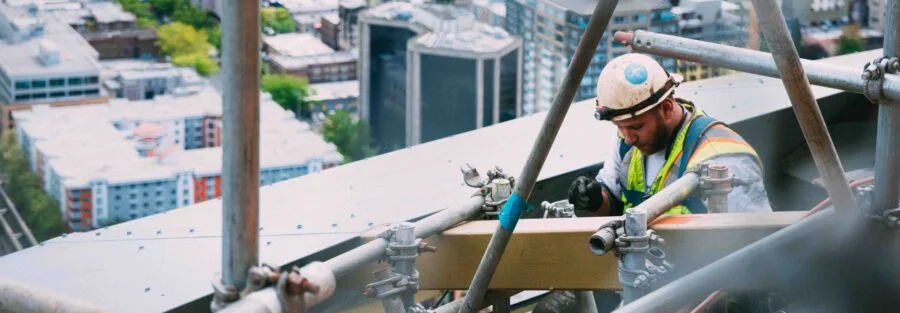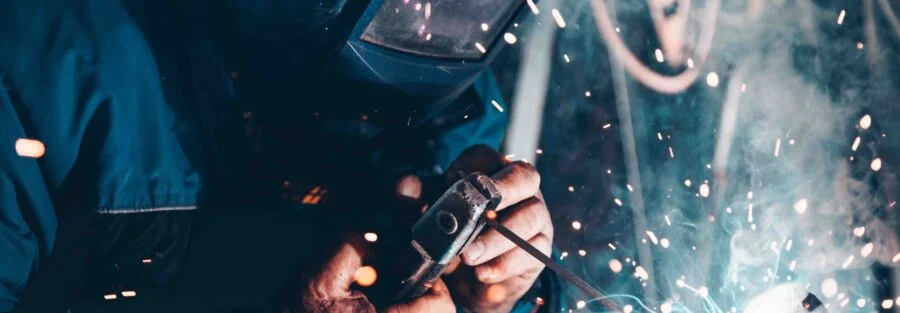How Do Truck Accidents Differ From Car Accidents?
People who have never been in an accident involving a truck or another large commercial vehicle may not understand the devastating consequences victims suffer. It is easy to assume that these collisions on the road, and the legal avenues for obtaining compensation, are the same as other types of accidents on the road. Unfortunately, nothing could be further from the truth. There are many differences between truck and car accidents. Below, our Baton Rouge personal injury lawyer explains what these are. Trucks are Much Larger Than Cars The most obvious difference between trucks and cars is that transport trailers are much larger than passenger vehicles. 18-wheelers can measure up to 80 feet long, and they can weigh up to 80,000 pounds when they are fully loaded. The size of commercial trucks also correlates to the increased weight behind these accidents, even when they occur at low speeds. A crash that may have been considered a minor fender bender had it involved two smaller vehicles may result in severe property damage. Afterward, you may no longer even have a vehicle. Injuries are Much More Severe Just as a truck accident will result in greater property damage, even when the crash occurred at a lower impact, it will also result in some of the most severe injuries. The extra weight of a truck will create a much greater force during a crash, causing the body to experience more strain, even when high speed is not a factor. The occupants of a passenger vehicle may incur multiple broken bones, traumatic head injuries, paralysis, amputations, and more. The more serious your injuries are after a truck accident, the more important it is to work with a Baton Rouge personal injury lawyer. The insurance company will always try to reduce, deny, or delay accident claims. Due to the high settlements involved after a truck accident, the insurer will work even harder to protect their bottom line by violating your rights. Determining Liability If you are involved in an accident with just one other driver, it is likely that one of you is at fault. Even when multiple drivers are involved in a crash, it is still likely someone at the scene is to blame. This is not the case with truck accidents. There are multiple liable parties who may be at fault for a truck accident. Of these, the most common include: The truck driver: Like other motorists on the road, truck drivers can act negligently and cause a crash. Impaired driving, distracted driving, speeding, and violating other traffic laws are just a few of the most common ways truck drivers cause accidents. The trucking company: Many truck drivers are employees of a trucking company and in these cases, the company may also share a percentage of fault for the accident. Trucking companies must follow proper hiring and training practices to ensure they are only putting competent and experienced drivers on the road. When they fail to meet this legal duty, trucking companies can be held liable for a crash. Manufacturers of defective products: A defect within a truck, or part of its equipment, can result in a very serious accident. Manufacturers are responsible for ensuring any product they create is safe and free of flaws or defects. When they do not, they can be held liable for a crash. Other negligent parties: Other negligent parties can also be responsible for a crash. The most common of these entities include inspection companies, anyone responsible for the proper maintenance of the truck, and anyone who negligently loads or unloads the truck. It is critical to identify all liable parties after a truck accident, as this is the only way to recover the full amount of compensation you deserve. Different Laws Govern Truck Accidents When two passengers are involved in an accident, state law typically applies. The law in Louisiana will also govern truck accidents, but these crashes are also regulated by federal law. For example, if your crash was caused by a truck driver who violated the hours of service rule, that may prove negligence, which can help your case. It is essential to speak to a Baton Rouge personal injury lawyer who can advise on all of the laws that apply to your case. It is Important to Work with a Personal Injury Lawyer in Baton Rouge After a Crash It is important to work with a Baton Rouge personal injury lawyer after any accident, but it is even more critical when you have been hurt by a commercial truck. At Big River Trial Attorneys, our experienced lawyers can help you overcome the challenges these claims present, so you obtain the just outcome you deserve. Call us now at(225) 963-9638 or fill out our online form to schedule a free consultation.







